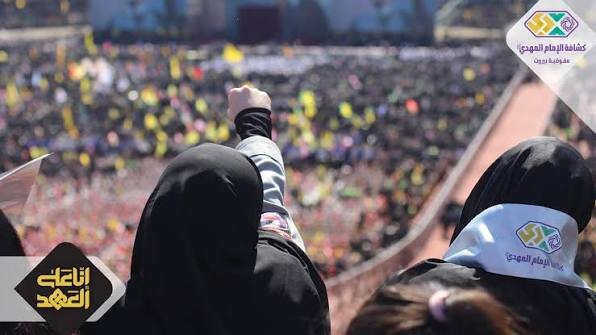Lebanon between Gaza truce and fiery messages
An upcoming confrontation or a moment of repositioning!

BEIRUT—West Asia is entering a pivotal stage following the ceasefire agreement in the Gaza Strip brokered by US President Donald Trump. However, what appears to be the end of a bloody phase in the Strip opens the door to a highly sensitive phase for Lebanon.
While Gaza entered into a three-stage truce, Lebanon was hit by a concentrated Israeli airstrike in the Musaylih-Zahrani area, sending a political and military message that was not without direct threats.
Unusually, Lebanon officially moved for the first time to file a complaint with the UN Security Council, considering the bombing a flagrant violation of Resolution 1701.
This sudden move, although belated, carries two implications: first, a belated realization of the seriousness of the coming phase, and second, an attempt to reassert the state’s sovereign role in the face of field developments led by Israel and blessed by Washington.
The Israeli colonial entity, for its part, did not wait long after the Gaza truce. It used warplanes, not drones, confirming its desire to raise the threat level and gradually change the rules of engagement.
According to some observers, what happened in Gaza does not mean the end of the battle, but rather preparation for the next confrontation, namely Lebanon.
Here, a dangerous paradox emerges: the closer Israel gets to a truce with one party, the more it turns its gun on a new party.
Even more worrying is the convergence of the American and Israeli visions regarding Lebanon.
Although Trump seeks to portray himself as a peacemaker, he implicitly supports a “controlled” escalation against Hezbollah, as part of a broader strategy to undermine Iran’s clout in Lebanon.
This convergence may give Israel broad leeway in southern Lebanon, especially with the White House focused on other international issues and the weak international sympathy with Beirut.
On the other hand, Hezbollah is not standing idly by; the recent Imam Mahdi Scouts’ massive event was not merely a cultural activity, but rather a message of internal and organizational strength, confirming that Hezbollah remains present in the streets and capable of conducting activities despite pressure, sanctions, and the blockade. The clearest message was: anyone who thinks Hezbollah is finished should reconsider their calculations.
Indeed, it appeared as if it were announcing the beginning of a new phase of recovery and preparation, not only for a response, but also for a domestic political and security repositioning.
The simultaneous Iranian and Saudi moves in Lebanon open the door to contradictory scenarios.
Tehran, through its security leadership, is sending signals to regulate Hezbollah’s relationship with the state and affirming its commitment to its alliance with Nabih Berri, the Parliament speaker.
Riyadh, in turn, is encouraging openness on the Lebanese issue, as demonstrated by the Syrian foreign minister’s visit to Beirut.
These moves suggest that regional parties still view Lebanon as a vital arena for manoeuvring, but without a clear vision.
Meanwhile, Lebanon faces two difficult choices: either engage in a conditional—and potentially costly—regional settlement project, or prepare for a military confrontation that could erupt at any moment, under the pretext of deterring Hezbollah.
In both cases, the Lebanese government faces an existential test. Action in the Security Council is a step, but it is not enough.
What is required is a national plan to reinforce unity at home, regulate the relationship between the government and the resistance, and prevent any internal or external party from monopolizing Lebanese decision-making.
Lebanon is no longer a neutral zone; it is now at the heart of the conflict, albeit undeclared!
Indisputably, the post-Gaza phase is not peace, but a moment of transition. Lebanon now stands between two fires: the fire of Israeli escalation and the fire of narrow domestic choices. The next phase will be pivotal in determining the country’s direction for decades to come.
Leave a Comment